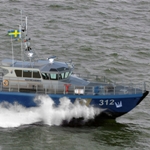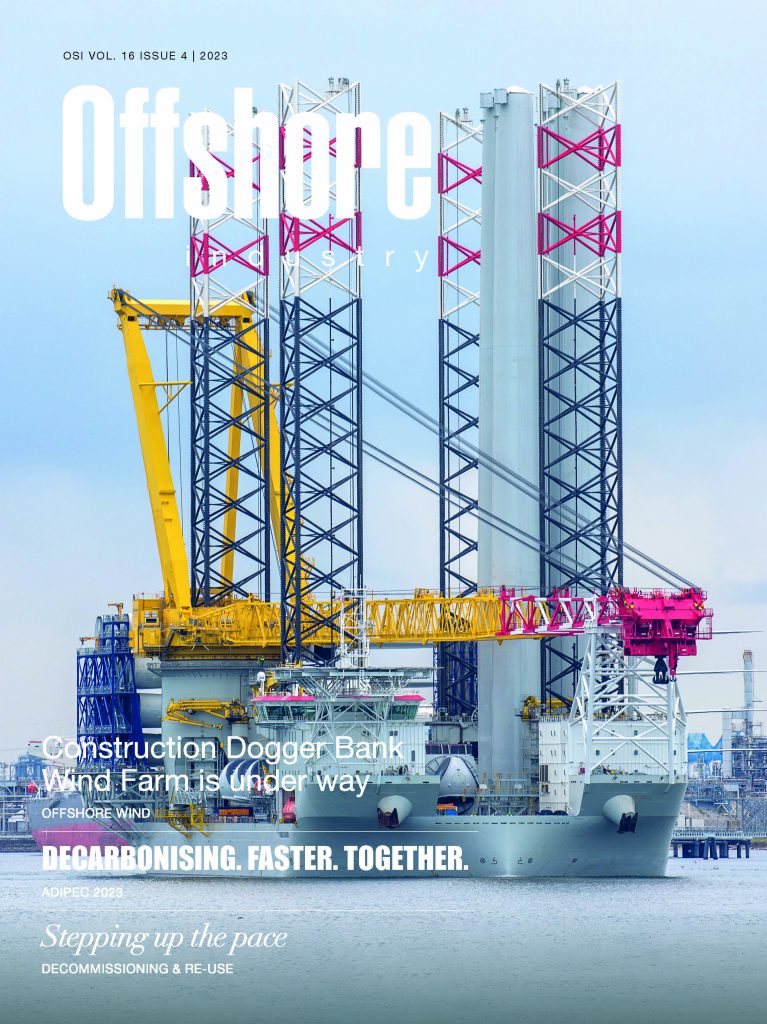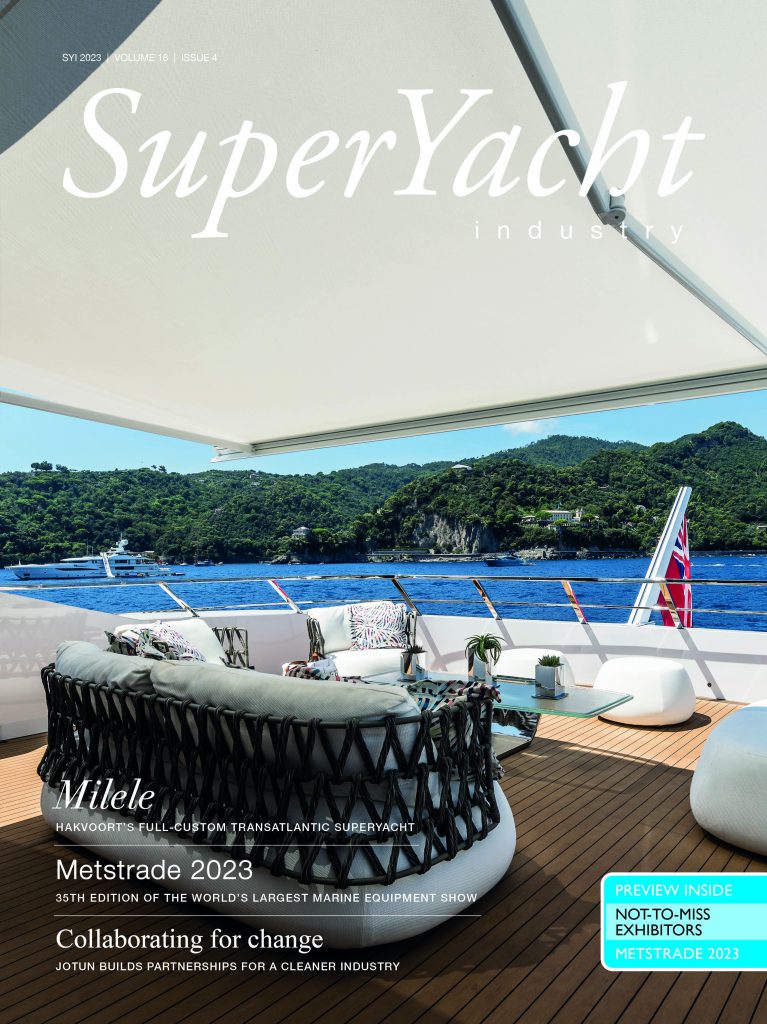Volvo Penta To Power New Swedish Coast Guard Vessels
 The Swedish Coast Guard is to install Volvo Penta‘s Inboard Performance System (IPS) in an entirely new type of vessel – KBV 312 – for surveillance, border control, fishing control, sea rescue and safety at sea activities. Using the IPS system, the Coast Guard will reduce the fuel consumption of the five new vessels by about 30%. The first KBV 312 vessel in the series is scheduled for completion during autumn 2011.
The Swedish Coast Guard is to install Volvo Penta‘s Inboard Performance System (IPS) in an entirely new type of vessel – KBV 312 – for surveillance, border control, fishing control, sea rescue and safety at sea activities. Using the IPS system, the Coast Guard will reduce the fuel consumption of the five new vessels by about 30%. The first KBV 312 vessel in the series is scheduled for completion during autumn 2011.
The order to Volvo Penta consists of a total of fifteen complete IPS systems; each vessel will be operated by three Volvo Penta D13 engines, with IPS drive system (3xIPS1050), which will generate propulsion corresponding to a shaft installation of 3,150 horsepower per vessel. The vessels, which will be built at Baltic Workboats in Estonia, will be 26.5 m long and 6.2 m wide and have a top speed of more than 30 knots. The KBV 312 is semi-planing and built of aluminum and will be equipped with state-of-the-art technology, with respect to navigation and propulsion.
In addition to the IPS system complying with the stringent requirements of the Coast Guard and the shipbuilder in terms of function and fuel efficiency, the system has low emission values pertaining to NOx and hydrocarbon, where the D13 already complies with the legal requirements for 2013. The IPS system has been type-approved by DNV and will be delivered complete with four control stations.
Since the launch in 2005, Volvo Penta has sold more than 10,000 units of the revolutionary IPS system, with forward-facing propellers. The system reduces fuel consumption by about 30% for planing vessels, compared with traditional straight shaft and water jet vessels, while significantly increasing performance and maneuverability. These factors were key when the Swedish Coast Guard was making its decision about the type of drive system to be selected for the five new KBV 312 vessels.






